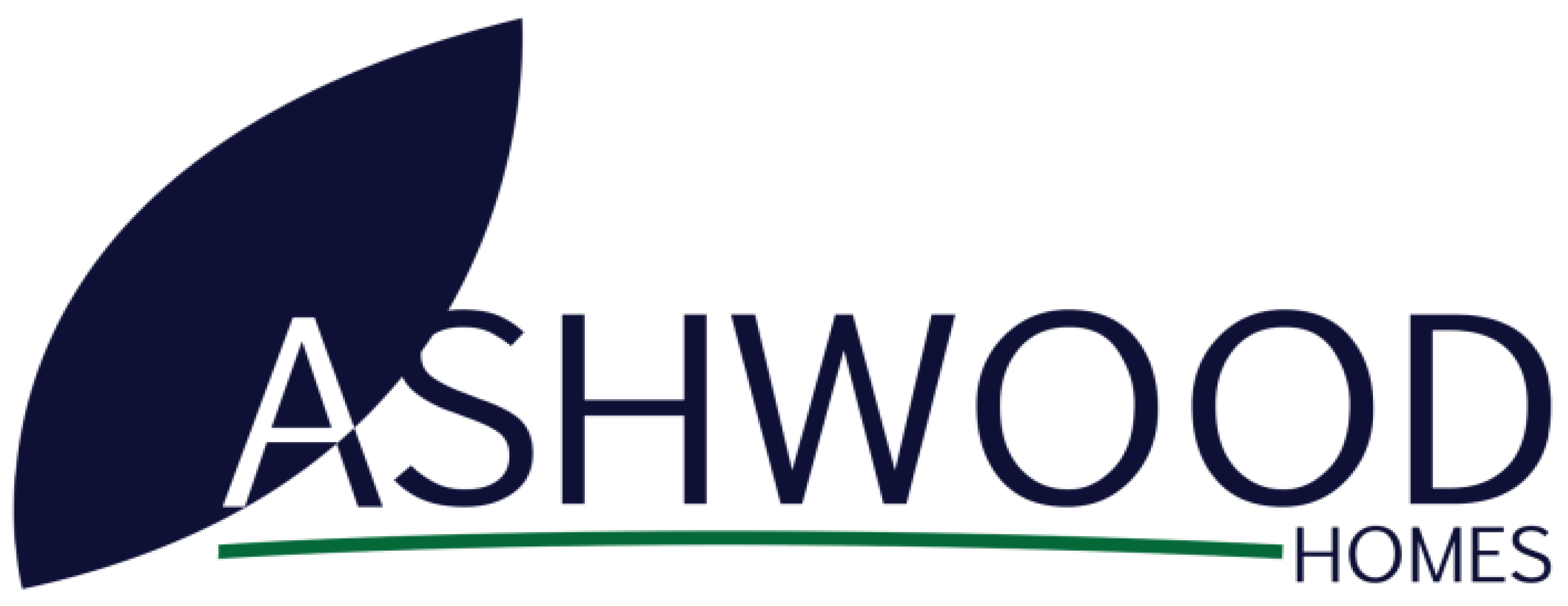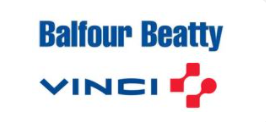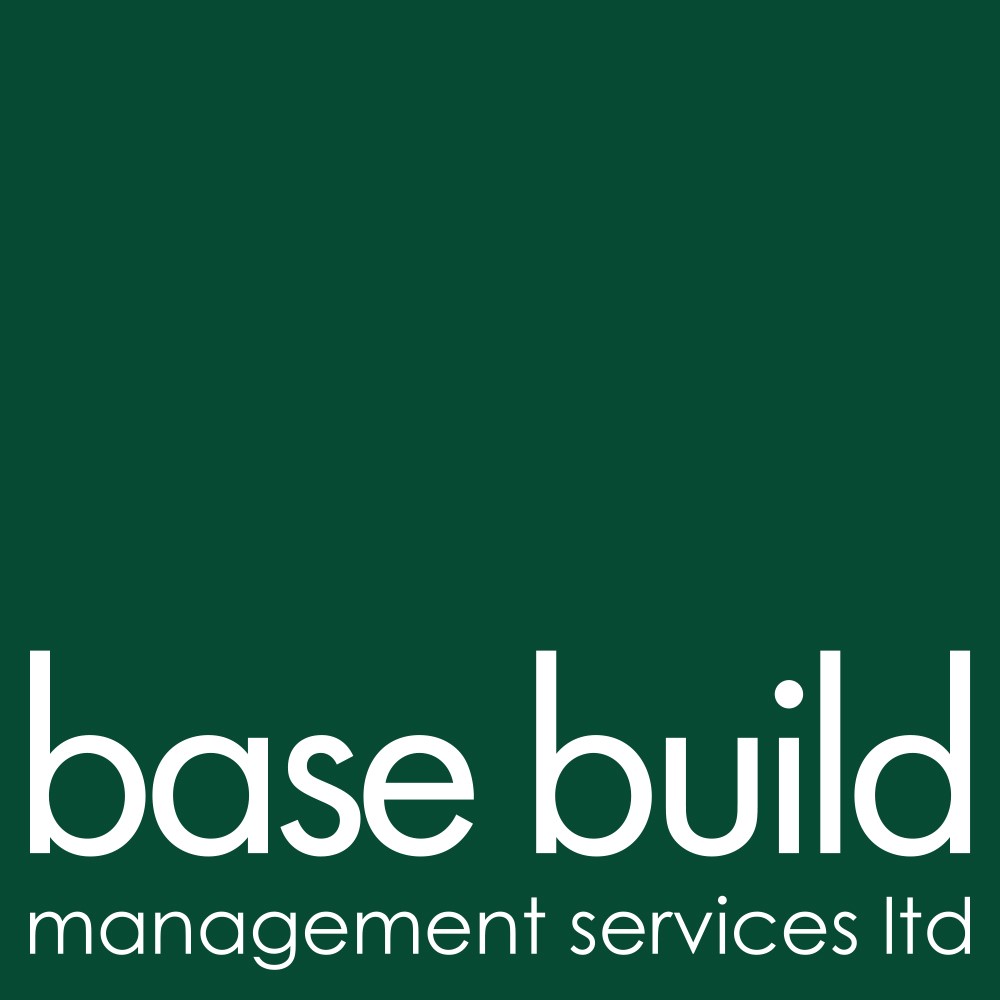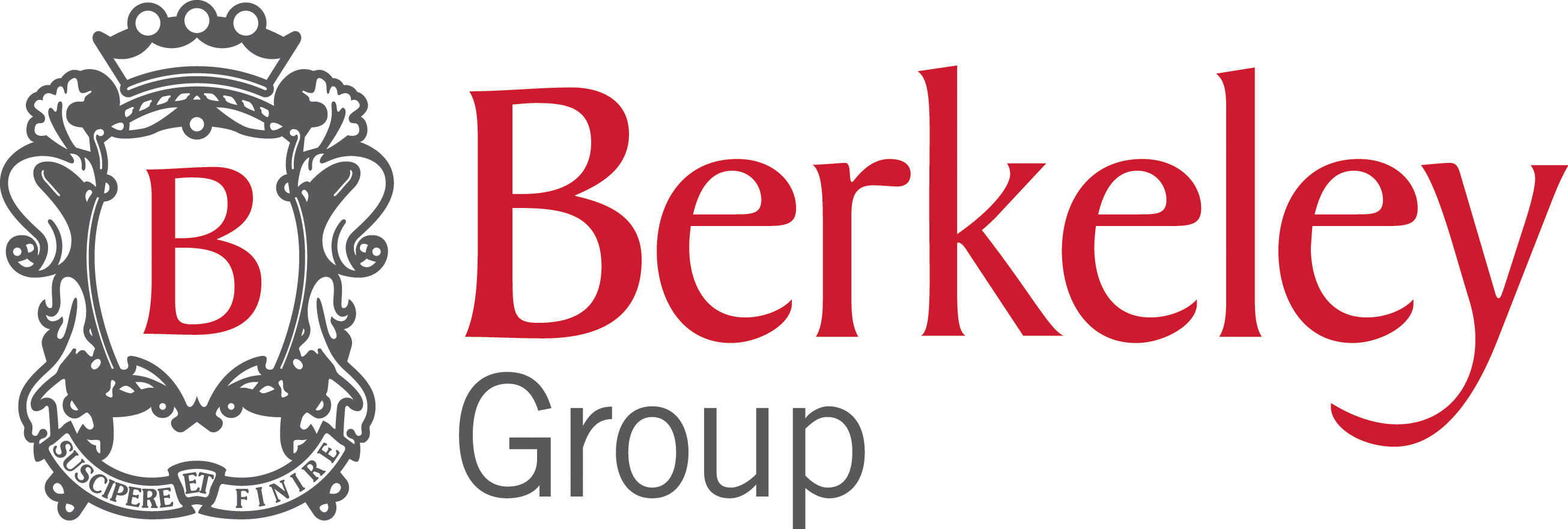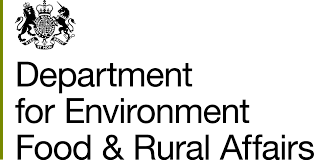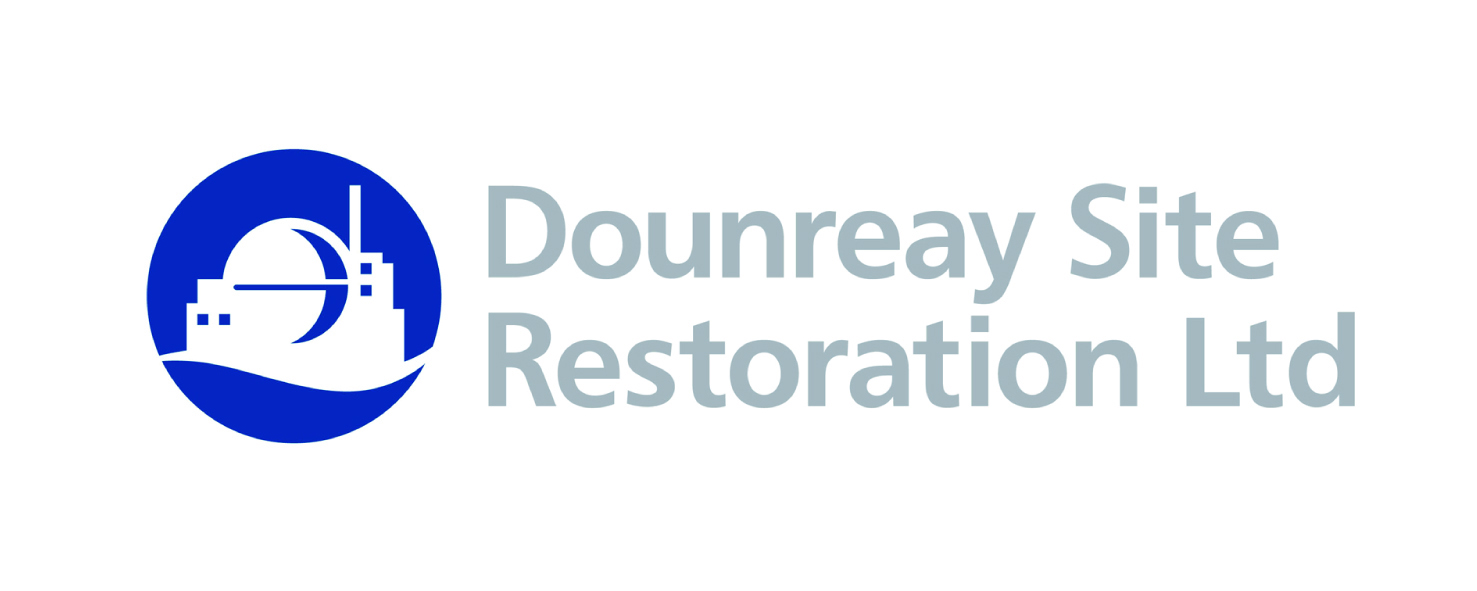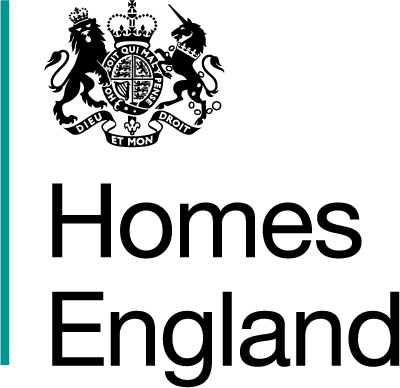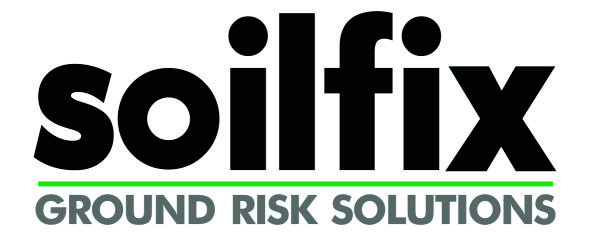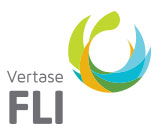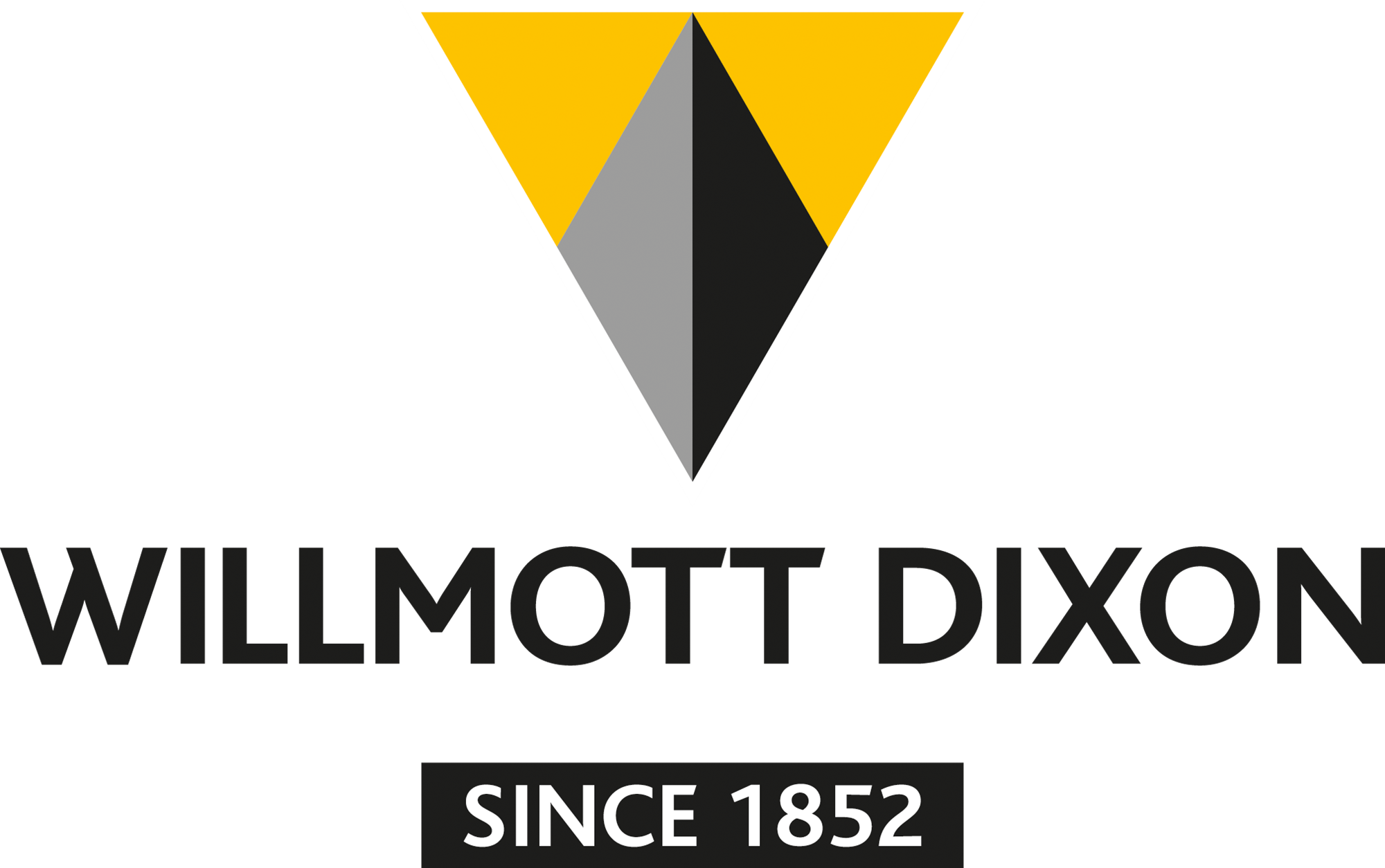CLUSTER Initiative
Developed by CL:AIRE and funded by Grantscape, The Homes and Communities Agency, National Grid, Sheffield City Council, SAGTA (Soil and Groundwater Technology Association), and VHE to establish a systematic and sustainable approach to dealing with certain types of contaminated sites.
Cluster is a method for developing and remediating a group of sites that are relatively close to each other that would be either uneconomic to develop on their own or represent an opportunity to act in a more sustainable manner, for example to save on costs, reduce resource consumption and environmental impacts. In addition, significant reductions in the timescale of projects may be achieved. With the added advantage of bringing a number of contaminated and derelict land back into beneficial use with associated community gains.
After treatment on the hub site, some or all of the material may be suitable for use on either the originating site or on another site within the Cluster group. In addition, some materials may be treated to enable their reclassification from hazardous to non-hazardous, thereby providing the opportunity to dispose of materials with no reuse potential in local waste management facilities.
Cluster projects have three guiding principles in that they are:
- Temporary – operate only as long as the sites defined within the Cluster are being developed
- Local – in terms of being demonstrably appropriate having regard to participants and their sites, geographical distance, relative savings and practical issues
- Provide a more sustainable way of developing land
Cluster is an excellent vehicle to deliver:
- Cost savings
- Reduced waste production and diversion of waste from landfills
- Reduced resource consumption
- Reduced vehicular emissions
All of which supports Government policies relating to sustainable development underpinned by a risk based decision framework and “suitable for use” approach. It furthers the “proximity principle” and supports bringing land back into beneficial use as set out in the National Brownfield Strategy.
There are a number of organisations and individuals that can benefit from developing land via the Cluster approach. These include:
Landowners / Developers
A single landowner/developer may provide the Hub site and the Donor and Receiver site(s), particularly those with sites with similar contaminant profiles.Alternatively other landowners/developers may consider putting their site forward as a Hub site with a view to developing a commercial short-term venture with a contractor. Owners/developers of other sites may subsequently become part of a larger Cluster, with the treated materials providing a source of imported materials.
Local Authorities
Cluster may provide a more effective solution whereby a number of sites in a single local authority boundary, or in partnership with neighbouring local authorities, can be developed. For example, town centre regeneration schemes or facilitating a regional master plan.
Contractors and Consultants
Cluster may represent a method whereby a contractor or consultant can deliver a cost effective solution to developing a number of sites in the same locality and hence delivering greater value, or furthering their clients environmental and social policies. For contractors it may also represent an opportunity to develop a short term commercial venture with a landowner.
In effect, Cluster encourages a joint and voluntary approach to the remediation of land affected by contamination and cost efficient development of other land.
For further information of the Cluster project, please contact us via the Help Desk.
Reconnaissance Call for Potential New Cluster Projects
As the Sheffield Pilot Project nears completion, Cluster is now looking for potential groups of sites to which the expertise and experience of your organisation and the Cluster partners can be applied. These groups of sites will be assessed for their suitability for application of the Cluster approach. The Cluster team would be grateful if you could consider whether this approach might be valuable to your organisation.
Reconnaissance call for new CLUSTER sites
As the Sheffield Pilot Project nears completion, CLUSTER is now looking for potential groups of sites to which the expertise and experience of your organisation and the CLUSTER partners can be applied. These groups of sites will be assessed for their suitability for application of the CLUSTER approach. The CLUSTER team would be grateful if you could consider whether this approach might be valuable to your organisation.
What is CLUSTER?

A typical CLUSTER donor/receiver site
CLUSTER is an initiative that is establishing a systematic and sustainable approach to dealing with certain types of land affected by contamination. Such land contains insufficient volumes of contaminated material to justify the use of on-site decontamination technologies, leading inevitably to decontamination by landfill disposal. There is an increasing body of evidence to suggest that such land represent the majority of sites affected by contamination in the United Kingdom.

FIGURE 1: A simple CLUSTER schematic
A CLUSTER is a group of sites that are categorised as land affected by contamination that includes shared exsitu decontamination capacity located at one site (the hub), supplied by sites that contain contaminated materials (donors) to produce recovered materials that are reused by itself and by the other sites in the group (receivers). This includes the potential use of untreated materials deemed unfit for purpose at their site(s) of origin, on a site or sites where their use would be acceptable within an agreed Remediation Strategy. In addition, some materials may be treated to enable their reclassification from hazardous to non-hazardous, thereby providing the opportunity to dispose of materials with no reuse potential in local waste management facilities. A schematic of a simple CLUSTER is shown in Figure 1
English Partnerships are working with CL:AIRE (Contaminated Land: Applications In Real Environments) and other partners to develop this concept. A Stage 1 Pilot project is underway (planning consent and Environment Agency authorisation in place) in Sheffield that will be used as the basis for rolling the CLUSTER approach out nationwide. This rollout is an exciting opportunity for public and private sector alike as it has the potential to:
- Bring forward sites for development that would otherwise not be released
- Deliver substantial cost savings of decontaminating such sites
- Underpin the adoption of more sustainable remediation practices, thereby reducing the impact on the environment.

FIGURE 2: A complex CLUSTER schematic
The Sheffield Pilot is, by necessity, a simple project. It has focused on developing the tools necessary to surmount the institutional barriers that have prevented CLUSTER from being realised. Future comprehensive CLUSTER site projects will be more closely identifiable with market needs and will, therefore, be more complex and involve more parties, contamination scenarios, land end-uses etc. An example of a complex CLUSTER is shown in Figure 2 and we are now calling for new sites to help launch additional, more complex projects throughout the UK.
Potential Site Form and Screening Tool
As the Sheffield Pilot Project nears completion, CLUSTER is now looking for potential groups of sites to which the expertise and experience of your organisation and the CLUSTER partners can be applied. These groups of sites will be assessed for their suitability for application of the CLUSTER approach. The CLUSTER team would be grateful if you could consider whether this approach might be valuable to your organisation. If so, we will arrange to discuss the implications for you in taking this opportunity forward in your local area.
Below you will find a downloadable form to indicate (with strict confidentiality) your interest in proposing a site, or sites, for further CLUSTER projects. This form also includes a screening tool to help act as a guide to match your site appropriately.
Please return in confidence to:
Nick Willenbrock
CL:AIRE
1 Great Cumberland Place
London
W1H 7AL
Or fax back on +44 (0)20 7258 5322
CLUSTER POTENTIAL S




